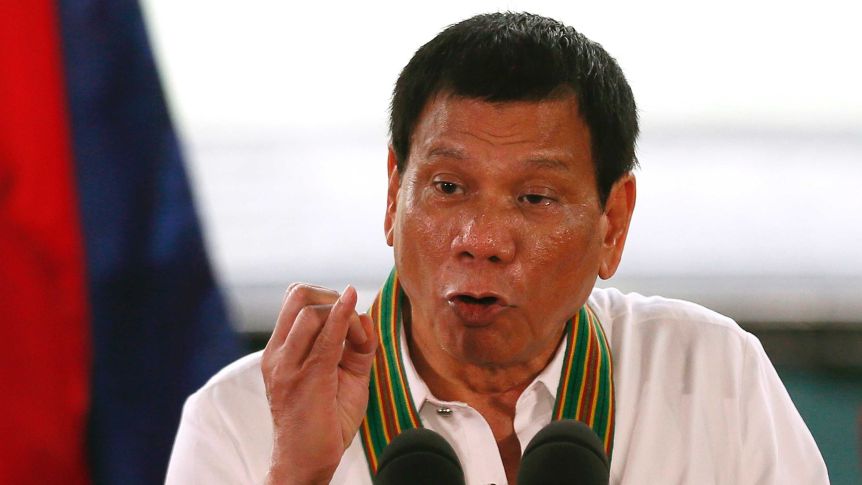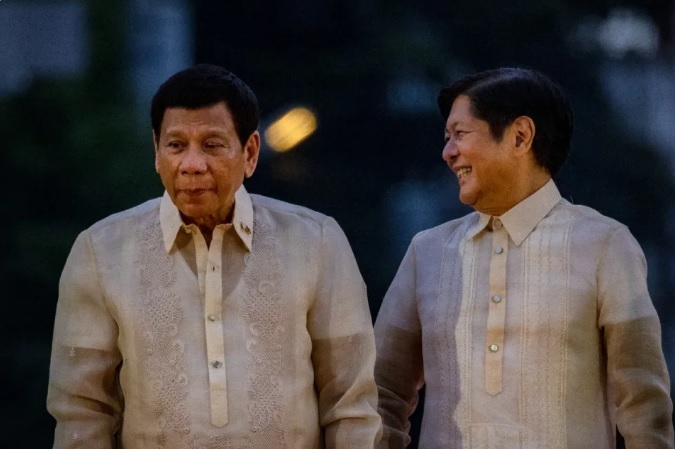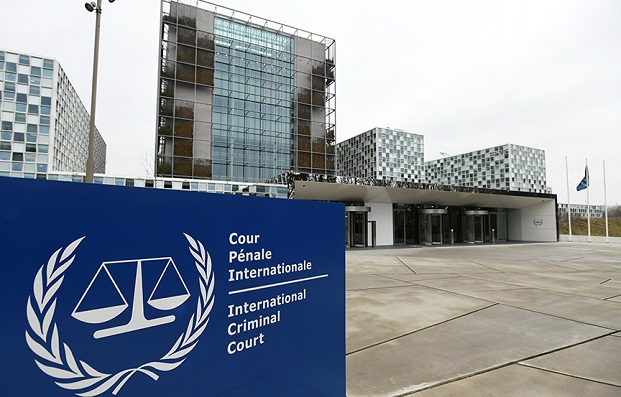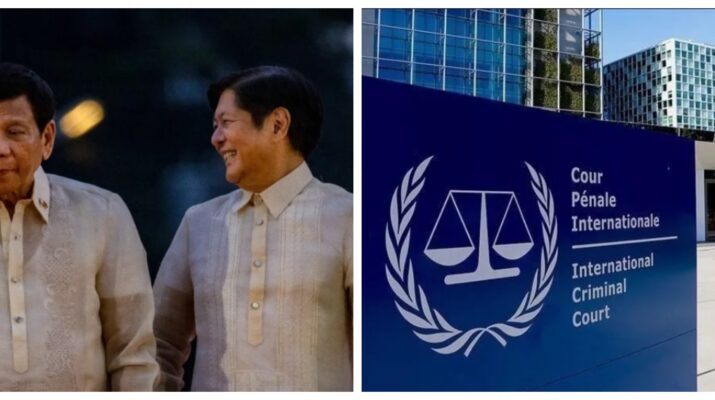Many supporters of former President Rodrigo Duterte coalesced behind Ferdinand “Bongbong” Marcos Jr. at the 2022 election, hoping the latter would be a continuation of the former’s strongman rule – especially towards illegal narcotics.
Imagine their shock at the incumbent head-of-state’s pronouncements during his recent state visit to the United States. At a forum by the Center for Strategic and International Studies (CSIS) in Washington D.C., Marcos was asked how he would tackle human rights abuses “allowed” under the previous administration.

Many will wonder if that was a slip of the tongue or a blatant admission of the human rights abuses that occurred during his predecessor’s infamous “War on Drugs”. Regardless of the answer, the incumbent President of the Republic has clearly disclosed that during the bloody crackdown on illegal drugs in the country, police abuses were rife and this was enabled by “certain elements of the government”.
This begs the question: what is Marcos planning to do about it?
Although he admits that human rights abuses happened, the Marcos administration has been reluctant to cooperate with the International Criminal Court (ICC) as the global body investigates reports of abuse during the drug war.
The international court has been investigating allegations of crimes against humanity in the Philippines, under President Duterte’s administration, after a request from Filipino lawyers and human rights’ groups in February 2018.

In response to what he considered as “foreign interference” in the country’s affairs, Duterte announced that the Philippines would withdraw its ratification of the Rome Statute, which made the country a party to the ICC and placed it under the court’s jurisdiction, in late 2018.
Within his first 100 days in office, Marcos declared that he will not be re-enrolling the Philippines into the ICC. He insisted that local courts were well-equipped to hear cases of abuse during the drug war and that the involvement of the ICC was unnecessary.
In March this year, Marcos also announced that his government is “disengaging from any contact, any communication” with the ICC. This is in light of the tribunal rejecting the Philippines’ request to suspend the investigation into Duterte’s war on drugs.
Marcos’ Justice secretary, Jesus Crispin Remulla, also announced in February that ICC prosecutors are not welcome to enter the Philippines to conduct their investigation. He even made a veiled threat against the tribunal, refusing to rule out arresting the ICC prosecutors if they do set foot in the country.
With Marcos more recently admitting that government abuses did occur during the war on drugs, will he finally play ball with the ICC and cooperate with its investigation?

In all fairness, the Marcos administration has provided some help to the ICC: in August last year, Remulla submitted evidence requested by the tribunal while insisting it was done “out of courtesy, not compliance”.
The incumbent President himself has also shifted his administration’s approach to the drug trade, adopting a more “holistic approach” rather than the enforcement-centric style of his predecessor.
Marcos’ unwillingness to fully cooperate with the ICC boils down to his belief that their involvement is unnecessary, that his own local courts are adequate in resolving any allegations of human rights violations during the drug war.
If that is true, why hasn’t Rodrigo Duterte been brought before a court? Not even so much as a case has been filed against him, or a hearing by the Senate to give victims of extrajudicial killings a platform to publicly air their allegations and give evidence?
Marcos’ statement at the CSIS will merely be hollow words if it is not backed up with action. If he continues to obstruct the ICC’s investigation, he is complicit in the crimes of his predecessor, President Duterte – abuses which he is now on record of acknowledging to exist.
While Marcos might portray himself as a democratic statesman in front of an international audience, condemning punitive approaches to drug users, the lack of progress in sorting out these human rights violations and extrajudicial killings only show him as a leader with empty rhetoric.
The President has rightly admitted to government abuses during the war on drugs, the question now is: what is he going to do about it?

